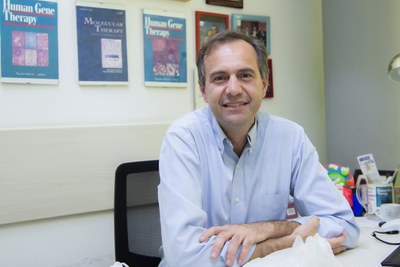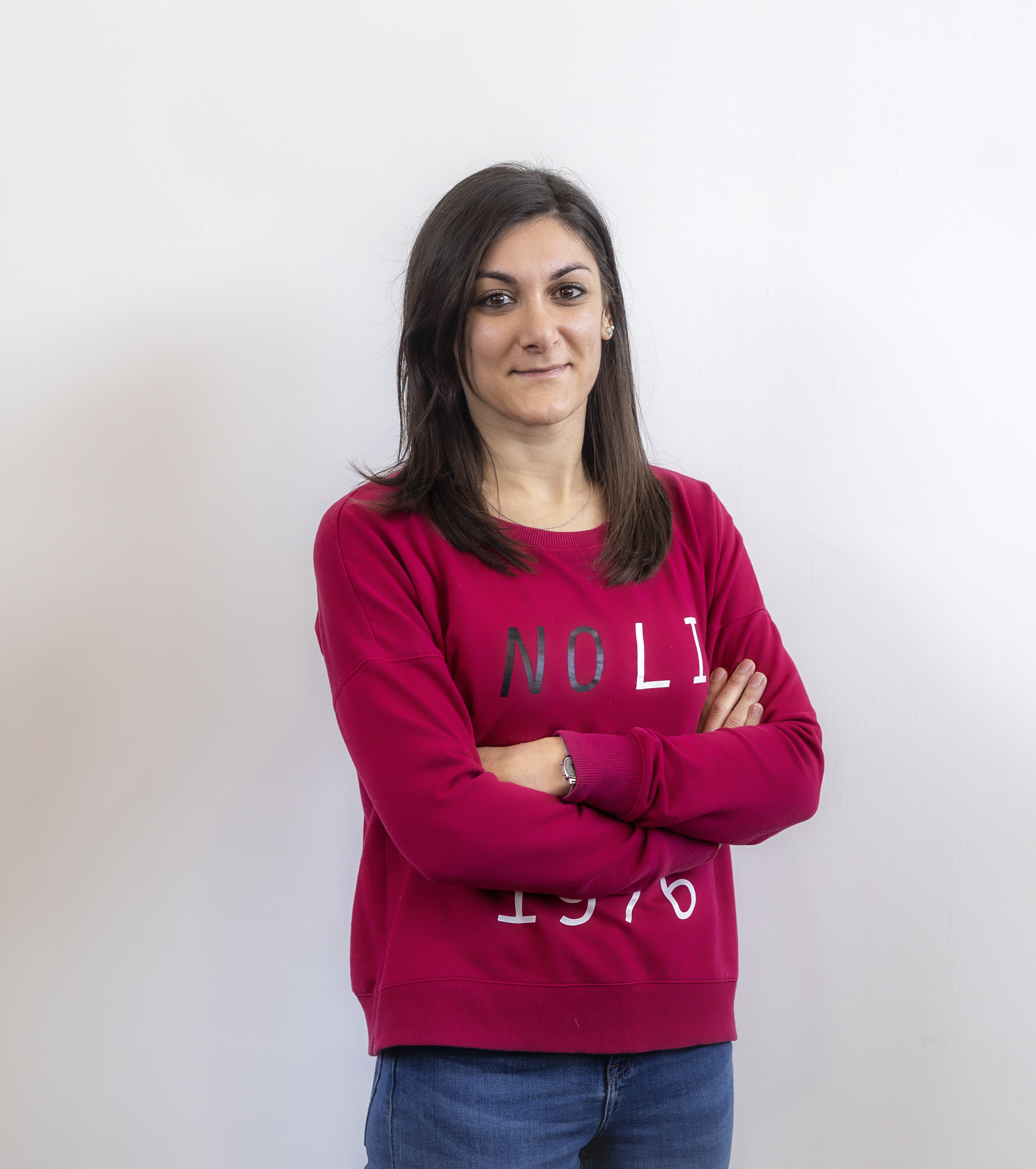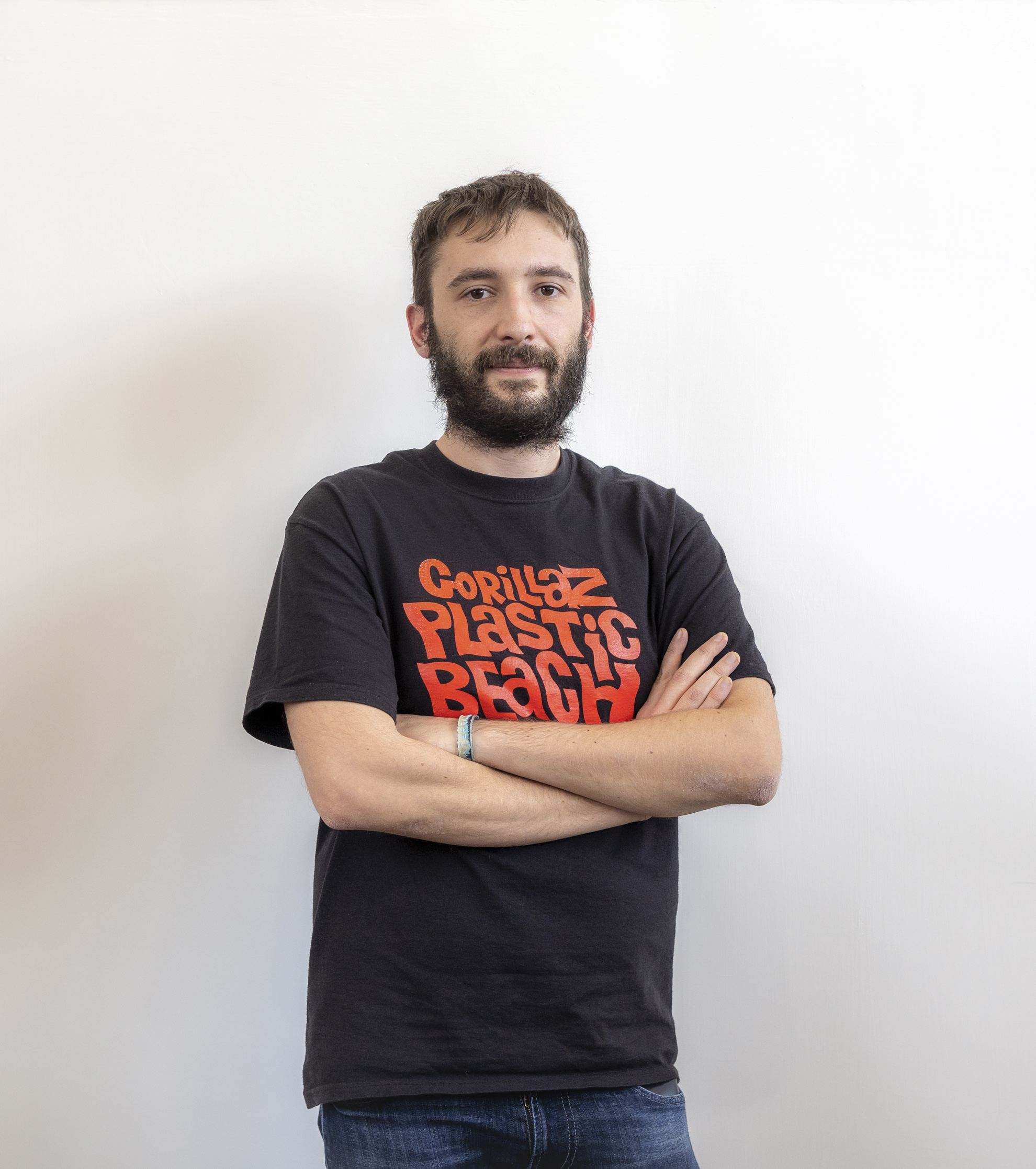Principal Investigator
Molecular Therapy Program Coordinator
Head of Translational Incubator
Other positions:
Professor, Department of Translational Medicine, University of Naples "Federico II', Italy
Nicola Brunetti-Pierri graduated in Medicine and trained in Paediatrics at University of Naples “Federico II”. He then moved to Baylor College of Medicine, Houston, TX, USA for a post-doctoral fellowship and for clinical training in Medical Genetic and Biochemical Genetics. He became assistant professor in the Department of Molecular and Human Genetics of Baylor College of Medicine and held this role until 2010 when he returned to Italy. As a physician-scientist his research goals are to elucidate the pathogenetic mechanisms and to develop new and more effective therapies for genetic diseases. He has defined the clinical phenotypes and identified the molecular bases of several genetic diseases (lathosterolosis, 1q21.1 deletion and duplication syndromes, FOXG1 duplication syndrome, blepharophimosis intellectual disability syndrome [BIS]). He developed proof-of-concept data supporting the efficacy of small molecule drugs for maple syrup urine disease, pyruvate dehydrogenase deficiency, urea cycle disorders, and Myhre syndrome. He has a long-standing interest in liver-directed gene therapy for inborn errors of metabolism, and has received awards from the American and the European society of gene and cell therapy (ASGCT and ESGCT). His research has been funded by the National Institute of Health and the European Research Council.
New therapies for inborn errors of metabolism
We are investigating the regulation of urea cycle enzymes and how this knowledge could impact the development of novel therapies for urea cycle disorders. We also use this knowledge to better understand the pathogenesis and for treatment of complex multifactorial diseases. Among inborn errors of metabolism, we are interested in organic acidemias, primary hyperoxalurias and glycogen storage disease besides the urea cycle disorders. We are investigating both gene transfer and small molecule drugs for these disorders.
Alpha1 antitrypsin deficiency
We have an active research program on the liver disease caused by mutant alpha1-antitrypsin (AAT), one of the most common genetic diseases. We discovered that livers expressing mutant AAT have defective zonation and global metabolic disturbances due to down-regulation of HNF-4-alpha. We are currently investigating the roles of JNK and CHOP in the disease pathogenesis with the goal to develop strategies that could prevent or treat the disease more effectively.
The ultimate goal of this research is to translate mechanistic discoveries into the clinical arena via clinical research performed at the Unit of Innovative Therapies for Genetic Diseases of the Federico II University Hospital of Naples. My clinical research includes an active program on liver-directed gene therapy with ongoing phase 1 clinical trials for a lysosomal storage disorder and for an inherited defect of bilirubin metabolism.
Nicola Brunetti-Pierri is the Head of the TIGEM Translational Incubator, which aims to develop large-scale in vivo preclinical studies for the treatment of different inherited disorders by using standardized and optimized protocols to facilitate translation from the bench to the bedside.
- O-GlcNAcylation enhances CPS1 catalytic efficiency for ammonia and promotes ureagenesis. Nature Communications, 2022
- Upregulation of miR-34b/c by JNK and FOXO3 protects from liver fibrosis. PNAS, 2021
- Liver-directed gene therapy for ornithine aminotransferase deficiency. EMBO Molecular Medicine, 2023
- Pyruvate dehydrogenase complex and lactate dehydrogenase are targets for therapy of acute liver failure. Journal of Hepatology, 2018
- Increased expression or activation of TRPML1 reduces hepatic storage of toxic Z alpha-1 antitrypsin. Molecular Therapy, 2023
Complete List of Published Work in PubMed
Quote
As a paediatrician and geneticist, the overall goals of my research are to understand how defects in biochemical pathways result in disease and to develop novel therapeutic approaches for inborn errors of metabolism.
Additional Funding
-
Oxalosis & Hyperoxaluria Foundation (OHF) - Clinically relevant animal models of Primary Hyperoxaluria Type 3 (2024-2026)
- AFM - Gene therapy for Wolman disease (2022-2023)















